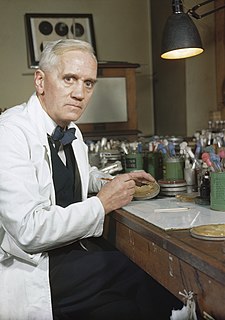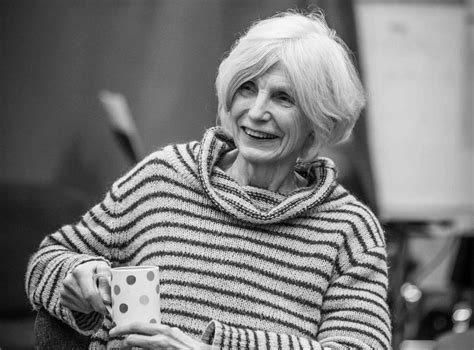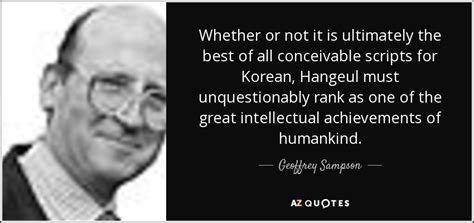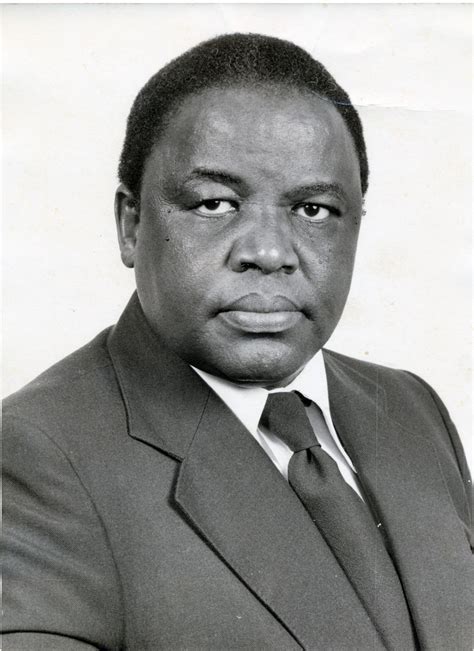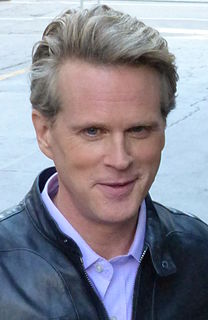A Quote by Alexander Fleming
It is the lone worker who makes the first advance in a subject: the details may be worked out by a team, but the prime idea is due to the enterprise, thought, and perception of an individual.
Related Quotes
No thought, no idea, can possibly be conveyed as an idea from one person to another. When it is told it is to the one to whom it is told another fact, not an idea. The communication may stimulate the other person to realize the question for himself and to think out a like idea, or it may smother his intellectual interest and suppress his dawning effort at thought. But what he directly gets cannot be an idea. Only by wrestling with the conditions of the problem at first hand, seeking and finding his own way out, does he think.
I have been trying to point out that in our lives chance may have an astonishing influence and, if I may offer advice to the young laboratory worker, it would be this-never neglect an extraordinary appearance or happening. It may be-usually is, in fact-a false alarm that leads to nothing, but may on the other hand be the clue provided by fate to lead you to some important advance.
Behind every individual closes organization; before him opens liberty,--the Better, the Best. The first and worse races are dead.The second and imperfect races are dying out, or remain for the maturing of the higher. In the latest race, in man, every generosity, every new perception, the love and praise he extorts from his fellows, are certificates of advance out of fate into freedom.
When you delve deep enough, you find that practically every great fortune and great enterprise in America have sprung from the courageous enterprise of some individual. It was Commodore Vanderbilt's enterprise in switching first from running a ferryboat to running other ships, and then, when he was well along in years, his enterprise in switching into railroading, that created what was to become one of the most notable fortunes in the history of the world.
The extraordinary fact is that the first idea I had which motivated me, that worked, is conjecture, a mathematical idea which may or may not be true. And that idea is still unproven. It is the foundation, what started me and what everybody failed to **** prove has so far defeated the greatest efforts by experts to be proven.
Of true knowledge at any time, a good part is merely convenient, necessary indeed to the worker, but not to an understanding of his subject: One can judge a building without knowing where to buy the bricks; one can understand a violin sonata without knowing how to score for the instrument. The work may in fact be better understood without a knowledge of the details of its manufacture, of attention to these tends to distract from meaning and effect.
Perception without the word, which is without thought, is one of the strangest phenomena. Then the perception is much more acute, not only with the brain, but also with all the senses. Such perception is not the fragmentary perception of the intellect nor the affair of the emotions. It can be called a total perception, and it is part of meditation.
